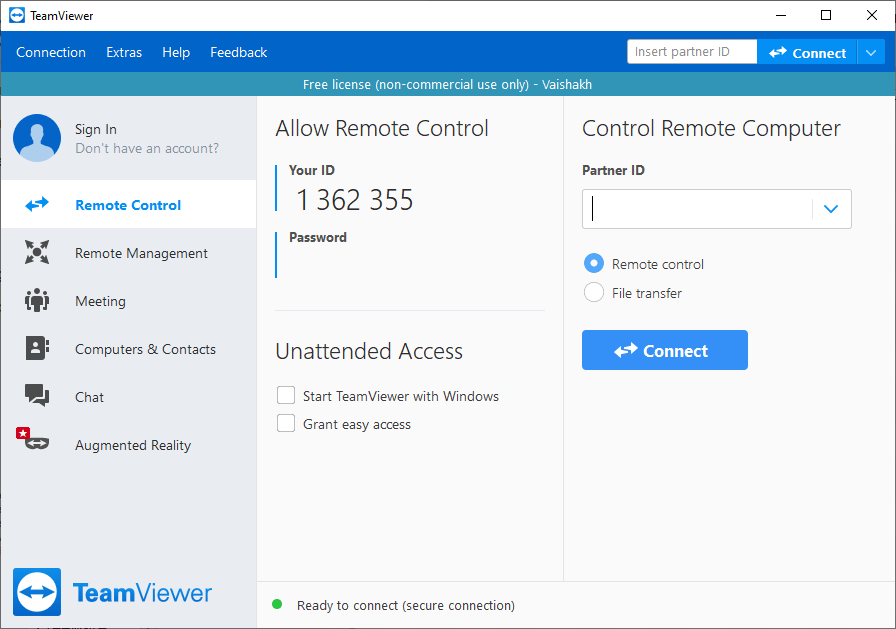
"Free and open-source software" (FOSS) is an umbrella term for software that is simultaneously considered both free software and open-source software.

The free software movement and the open-source software movement are online social movements behind widespread production and adoption of FOSS, with the former preferring to use the terms FLOSS or free/libre.įurther information: Alternative terms for free software

Free-software licenses and open-source licenses are used by many software packages. Free and open-source operating systems such as Linux and descendants of BSD are widely utilized today, powering millions of servers, desktops, smartphones (e.g., Android), and other devices. Other benefits of using FOSS can include decreased software costs, increased security and stability (especially in regard to malware), protecting privacy, education, and giving users more control over their own hardware. This is in contrast to proprietary software, where the software is under restrictive copyright licensing and the source code is usually hidden from the users.įOSS maintains the software user's civil liberty rights (see the Four Essential Freedoms, below). A screenshot of free and open-source software (FOSS): Fedora Linux 36 running the KDE Plasma 5 desktop environment, Firefox, Dolphin file manager, VLC media player, LibreOffice Writer, GIMP, and KCalcįree and open-source software ( FOSS) is a term used to refer to groups of software consisting of both free software and open-source software where anyone is freely licensed to use, copy, study, and change the software in any way, and the source code is openly shared so that people are encouraged to voluntarily improve the design of the software. For other uses of "Floss", see Floss (disambiguation).


For other uses of "Foss", see Foss (disambiguation). "FLOSS", "FOSS", and "Free and Open-source" redirect here.


 0 kommentar(er)
0 kommentar(er)
